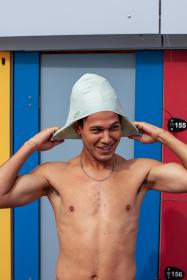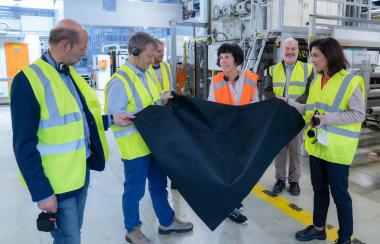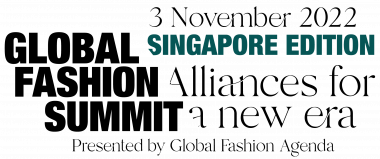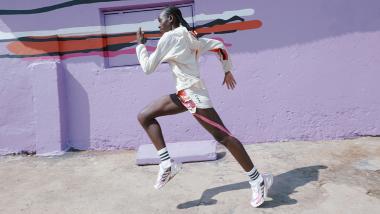Indorama Ventures: New plant for nylon yarn
- Collaboration between Indorama Ventures and Toyobo to meet growing global demand for airbags
- Newly completed plant in Thailand will supply high-performance nylon yarn to customers in the automotive safety sector
Indorama Ventures Public Company Limited (IVL) celebrated the completion of a plant to manufacture high-performance nylon yarn for automobile airbags. The new plant in Rayong, Thailand, was constructed by Toyobo Indorama Advanced Fibers Co., Ltd. (TIAF), a joint venture that Indorama Ventures established with Toyobo Co., Ltd in November 2020.
The plant, which has been built on the site of Indorama Polyester Industries PCL (IPI) in Rayong Province, will deliver 11,000 tons of high-performance yarn per year to meet global demand for airbags that is expected to grow by 3 percent to 4 percent annually as automakers equip vehicles with more airbags and emerging economies require cars to adopt more safety features. Test production is scheduled to start in October 2022 with the goal of starting commercial production in the middle of 2023.
In 2014, Indorama Ventures and Toyobo jointly acquired Germany’s PHP Fibers GmbH, a leading airbag yarn maker. Since then, both companies have strengthened their relationship with a focus to expand in the automotive safety sector. Mr Christopher Kenneally, based in Bangkok, leads IVL’s Fibers segment, which produces fibers and yarns across its Hygiene, Mobility and Lifestyle verticals. Mr Ashok Arora, with over 30 years of experience in fibers and polymer operations, will helm TIAF as CEO while maintaining his role as CTO with IVL Fibers.
Indorama Ventures Limited






























